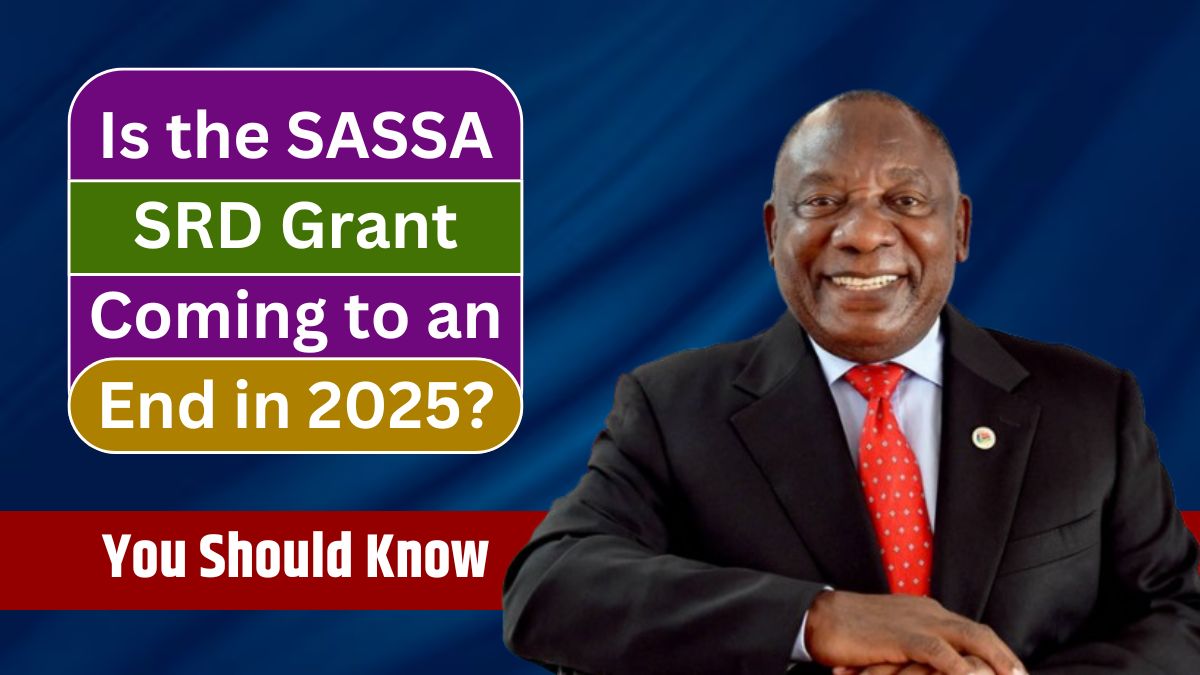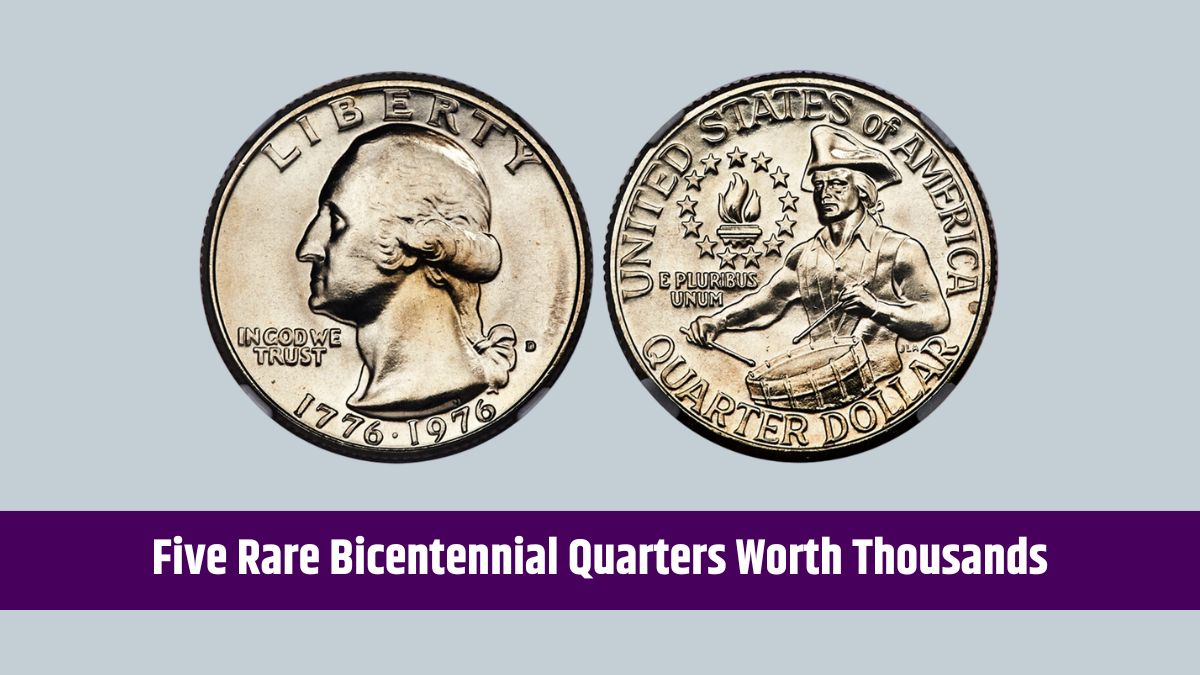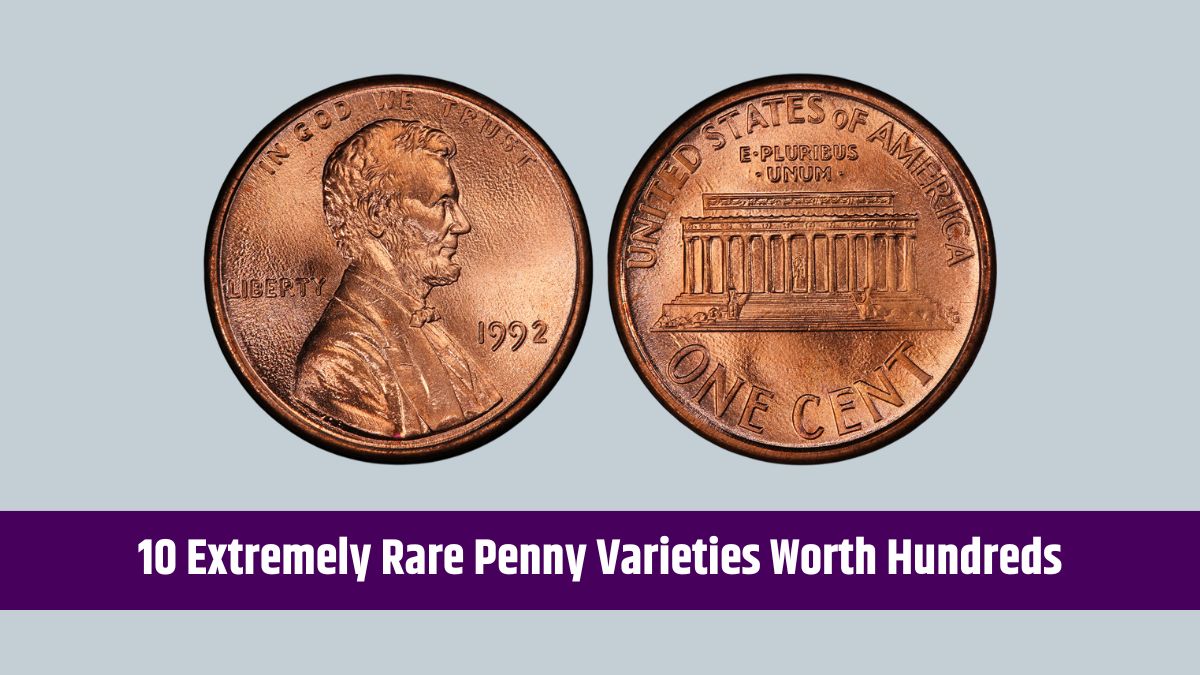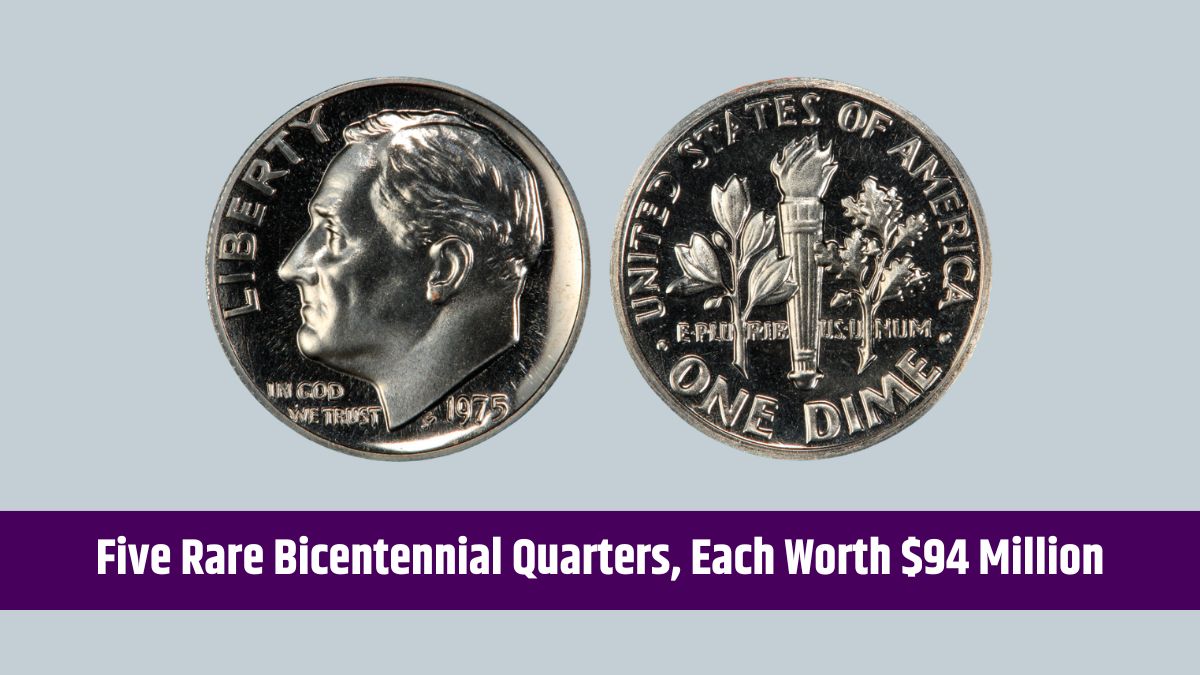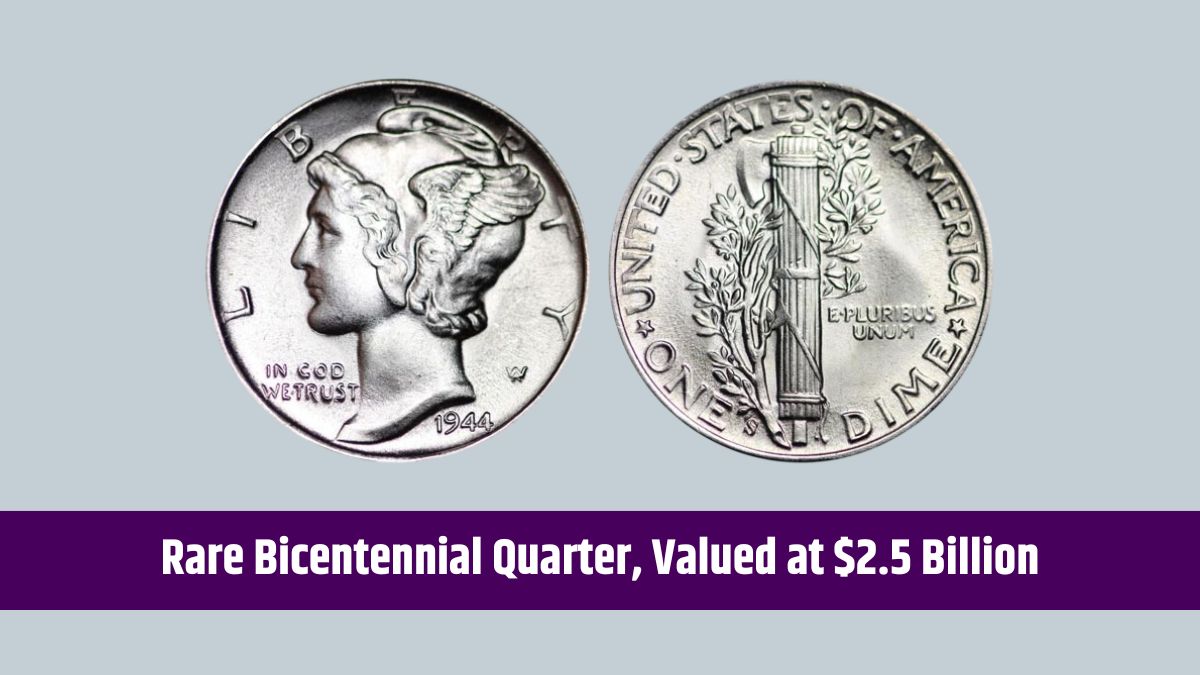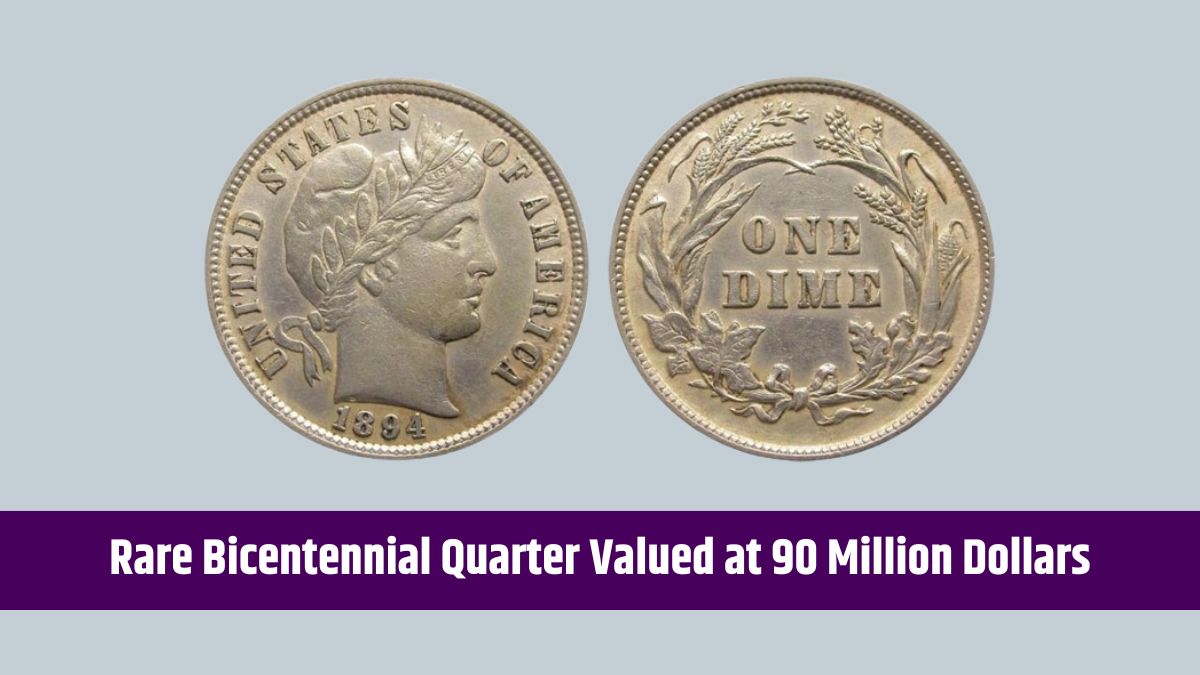The SASSA Social Relief of Distress (SRD) Grant, introduced in 2020 to support millions of South Africans during the COVID-19 pandemic, is scheduled to end in March 2025. While this announcement has raised concerns among beneficiaries, the government is preparing alternative measures to ensure continued social and economic support.
Let’s unpack what the end of the SRD Grant means, why it’s happening, and how individuals and communities can prepare for the changes ahead.
SASSA SRD Grant
The SRD Grant, initially set at R350 per month, was designed to provide temporary financial relief to unemployed South Africans not receiving any other form of social assistance. Its introduction was a response to the financial hardships caused by the pandemic, supporting over 7.5 million beneficiaries monthly.
This grant has been a lifeline for countless individuals, helping them meet basic needs like food and transport while injecting money into local economies.
Why Is the SRD Grant Ending?
South Africa allocates about 60% of its annual budget to social support programs. Continuing the SRD Grant would require additional funding sources, such as higher taxes, which could strain the economy.
Focus on Job Creation
The government aims to shift from short-term relief to sustainable economic solutions. Investments in public employment programs like the Expanded Public Works Programme (EPWP) focus on creating job opportunities and empowering citizens.
Temporary Nature of the Grant
The SRD Grant was introduced as a temporary measure during the pandemic. While it has been extended multiple times, the government is now looking to transition to more sustainable support systems.
What Happens After March 2025?
The government has outlined several alternatives to ensure continued support for vulnerable citizens:
Public Employment Programs
Initiatives like the EPWP and the Community Works Programme (CWP) aim to provide short-term jobs, improve community infrastructure, and help beneficiaries gain valuable work experience.
Basic Income Grant (BIG)
Discussions are underway to implement a Basic Income Grant (BIG), which would provide broader, long-term support to address systemic poverty. Unlike the SRD Grant, BIG would cover a larger segment of the population and offer a more stable financial safety net.
Enhanced Social Support
Existing grants, such as the Child Support Grant and Old Age Pension, may see expanded coverage or increased payouts to fill gaps left by the SRD Grant’s termination.
Real-Life Impact
For many, the SRD Grant has been a beacon of hope:
- Nomsa’s Story: A mother of two from Soweto, Nomsa used her grant to buy groceries and start a small street food business. “This grant gave me hope,” she says. “It helped me keep my children fed when I had no other income.”
Challenges and How to Prepare
The end of the SRD Grant may bring challenges, but there are steps beneficiaries can take to prepare for the transition:
Potential Challenges
- Loss of Income: Households relying on the SRD Grant will need alternative income sources.
- Increased Poverty: Vulnerable families may struggle without the grant.
Practical Steps to Prepare
- Stay Informed: Follow official updates on the SASSA website to understand available programs and deadlines.
- Look into Employment Opportunities: Register for government job programs or participate in skills development initiatives.
- Join Community Groups: Savings groups, cooperatives, and local organizations can provide financial and emotional support.
Government’s Vision
The government aims to reduce reliance on temporary grants by fostering economic growth and empowering citizens. Key initiatives include:
- Allocating R3.4 billion for public employment programs in 2024/25.
- Encouraging small business development and entrepreneurship.
- Reforming the social welfare system to ensure inclusivity and sustainability.
Communities Can Help
Businesses, NGOs, and community organizations have a critical role to play in supporting the transition:
- Skills Training: Offer programs to help individuals acquire new skills and become more employable.
- Public-Private Partnerships: Collaborate with the government on job creation and community improvement projects.
- Support for Small Businesses: Provide mentorship, funding, or other resources to help micro-enterprises thrive.
The scheduled end of the SASSA SRD Grant in March 2025 marks a significant shift in South Africa’s social support landscape. While the grant has been an invaluable source of relief for millions, the government’s focus is now on sustainable solutions like public employment programs and the proposed Basic Income Grant.
Beneficiaries can navigate these changes by staying informed, seeking alternative support, and preparing for the transition. Together, with the support of communities, businesses, and government initiatives, South Africa can move toward a future that empowers its citizens and reduces poverty sustainably.
FAQs
When is the SRD Grant ending?
The SRD Grant is set to end in March 2025.
Why is the SRD Grant ending?
To shift focus to job creation and sustainable economic policies.
What programs will replace the SRD Grant?
Public employment programs and the proposed Basic Income Grant (BIG).
How can beneficiaries prepare for the end of the grant?
Stay updated, explore job opportunities, and join savings groups.
Where can I find official updates?
Visit the SASSA website for accurate information.
